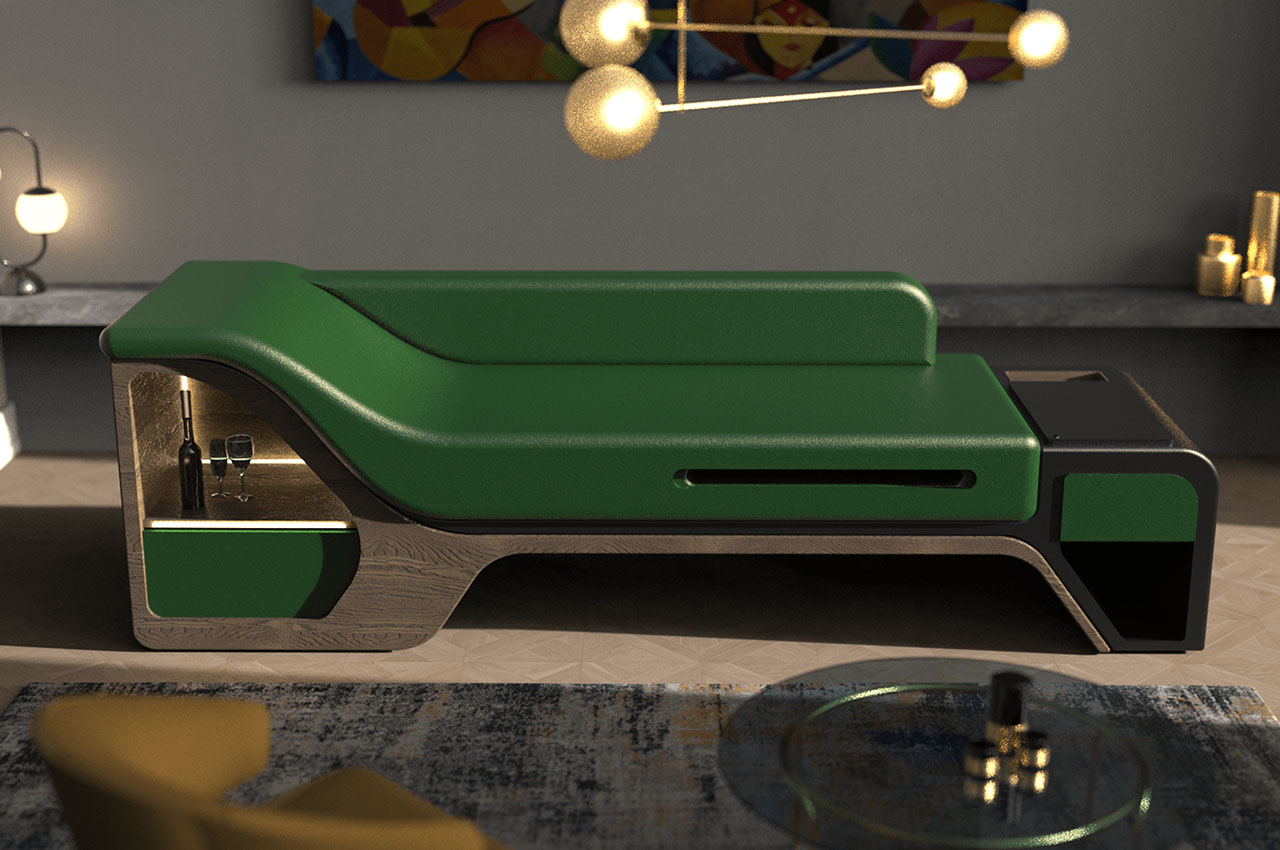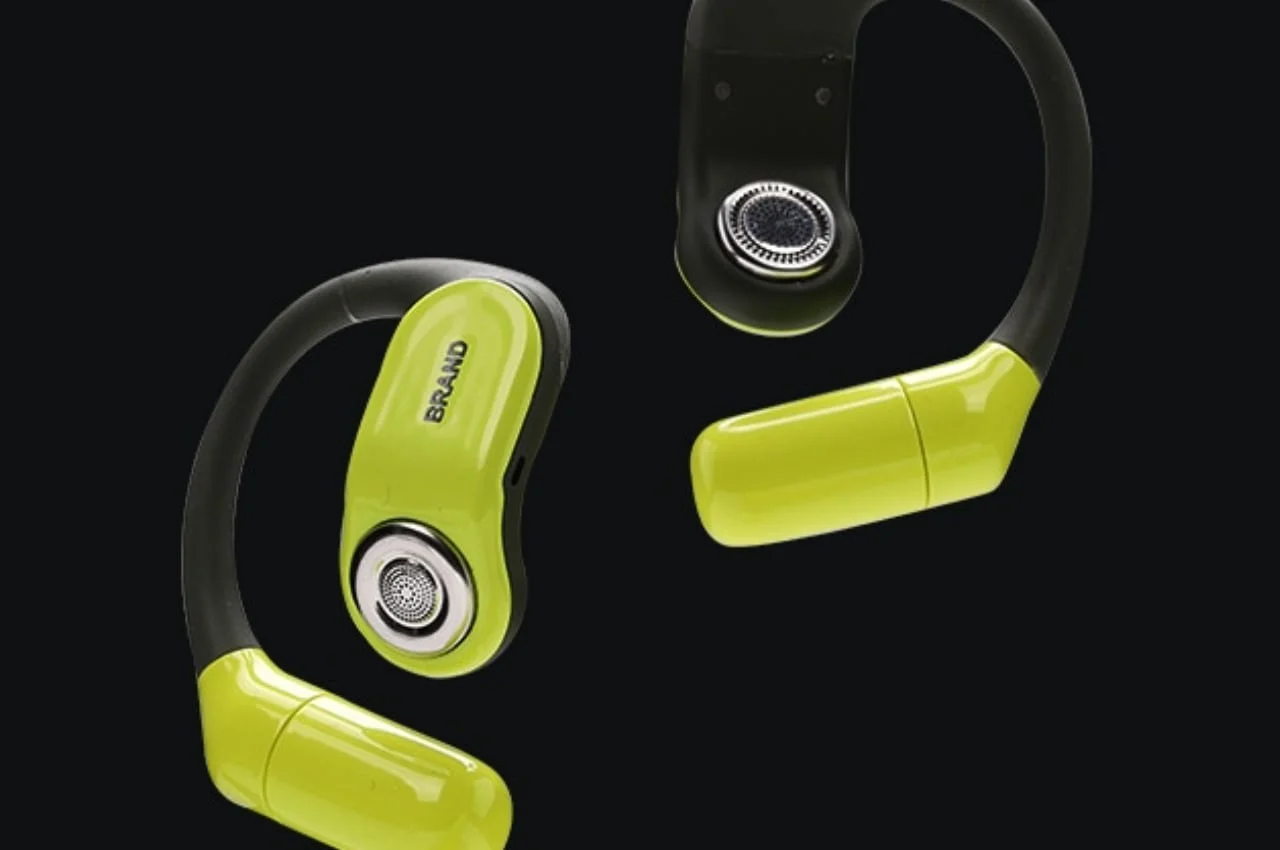In the dynamic world of smart cities, technology is seamlessly weaving into daily life. An inventive answer to urban waste hurdles is ‘Qua’ – a system of smart baskets that redefines garbage collection with a bio-inspired and playful touch in social robotics.

The creators of Qua understand the need for robots to blend seamlessly into daily life. Unlike typical robotic designs that might seem intimidating, Qua takes inspiration from nature, specifically the graceful single-file movement of ducks. This approach aims to make the robots familiar and friendly in urban settings, promoting acceptance and minimizing the perceived intrusion of technology.


At its core, Qua is an autonomous waste collection system with mobile baskets that navigate the city independently. Equipped with sensors and artificial intelligence, these baskets recognize when users need to dispose of waste. Instead of users finding a waste bin, Qua proactively approaches them when it detects the need. Beyond its nature-inspired design, the robot autonomously navigates to users, simplifying waste disposal. After assisting users, Qua then autonomously returns to a designated charging hub responsible for waste disposal.

These robots offer a key advantage by addressing the issue of littering, especially among those less likely to seek out a waste bin. By bringing waste collection to the user, it provides a convenient solution for urban waste management. This promotes responsible waste disposal and reduces littering in public spaces.

However, it’s crucial to consider a potential downside. Qua may unintentionally cater to those who are lazy or unwilling to properly dispose of waste. While serving society’s larger purpose, it raises questions about technology’s role in shaping behavior and the importance of balancing convenience with responsibility.

Qua signifies a groundbreaking approach to waste management in smart cities, blending bio-inspired design with advanced robotics to redefine the tech-urban living relationship. Like any tech advancement, it’s vital to weigh societal impacts, seeking a balance that offers convenience without compromising responsible behavior. The future of waste management could be shaped by innovations like these robots, where technology not only serves functionally but also harmonizes with the natural flow of city life.






